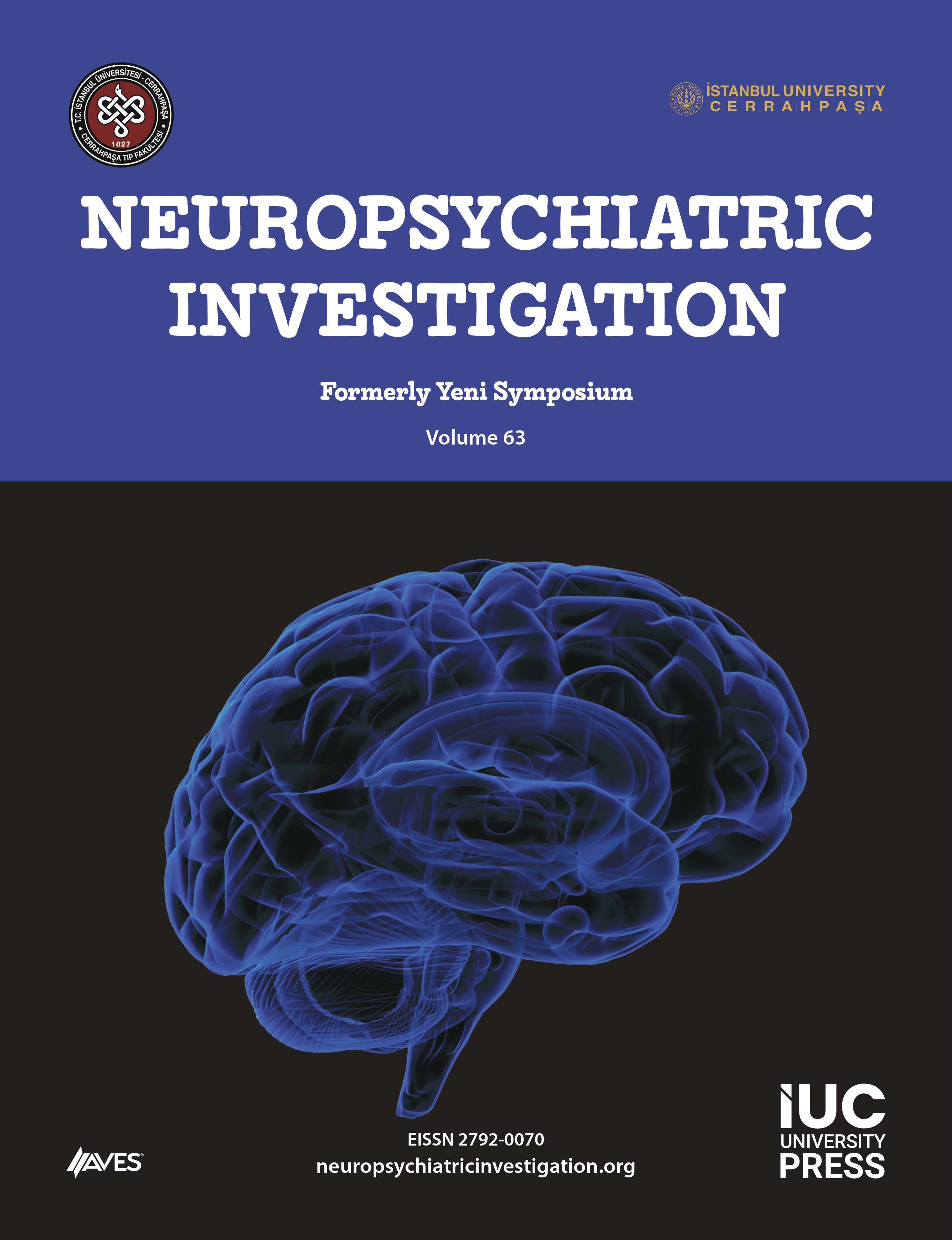Objective: The COVID-19 pandemic affected the usage of social media and other attitudes, such as eating routines. In the present study, the relationship between social media addiction and attachment, eating behavior, and emotion regulation was analyzed in individuals who had an experience of online education or working online during the COVID-19 pandemic.
Methods: This study consists of 194 participants who experienced online working or education in Turkey during the COVID-19 pandemic. Demographic form, Bergen Social Media Addiction Scale, Inventory of Experiences in Close Relationships, The Emotion Regulation Difficulty Scale Brief Form, and Eating Attitudes Test-Short Form were used to collect related information. According to demographic information, the present study consists of 141 female and 44 male participants.
Results: Anxious attachment, eating behavior and its 2 subscales which were social pressure and preoccupation with eating, emotion dysregulation, and its all subscales were found positively correlated with social media addiction. Regression analyses revealed that only anxious attachment (t = 8.01, P < .001) and “goals” that is subscale of emotion dysregulation were found as a predictor of social media addiction (t = 4.96, P < .05). In addition, a statistically significant relationship was found between the increase in the frequency of social media usage during the pandemic and social media addiction.
Conclusion: According to the results of the study, the usage of social media has increased during the pandemic period, and this increase has brought up the risk of social media addiction. As a result, it was emphasized that the relationship between attachment types and emotion regulation should be considered in future studies about social media addiction.
Cite this article as: Özmen E, Şenay Güzel H. The relationship between attachment style, eating behavior, emotion regulation, and social media addiction during COVID-19 pandemic. Neuropsychiatr Invest. 2022;60(3):78-84.




.png)